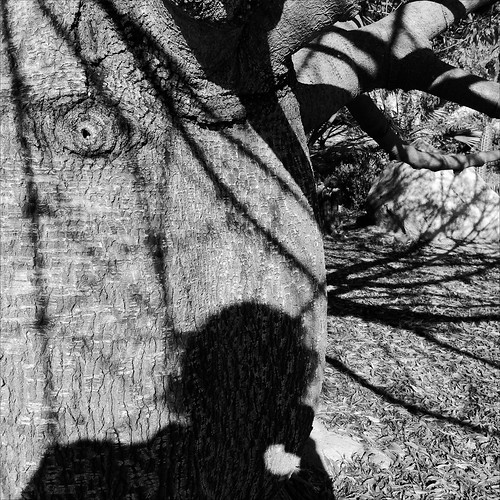
" The Chimes at Midnight" rests its climax on one of these.May overlap with Reformation Acknowledgement. This is also a sort-of inversion of the Declaration of Personal Independence, in which the character assures others that they are strong.

See Don't Say Such Stupid Things! for a rougher version, and for the inverse, see "The Reason You Suck" Speech (which is usually directed at a Small Name, Big Ego). Compare You Are Not Alone, Life-Saving Encouragement, Fear Is Normal, Rousing Speech. When a character has to be constantly reminded of this, they usually suffer from Heroic Self-Deprecation. This trope may be used as a form of Interrupted Suicide.įor the opposite, see Heel Realization or Then Let Me Be Evil, though these alternatives may be reversed by helping the victim over their guilt to facilitate a Heel–Face Turn. Similarly, a Naïve Newcomer and Cowardly Lion may have a sager character explain that fear is not proof that they are cowards only the Fearless Fool really feels no fear. A character may come to this realization after facing a situation that tests What You Are in the Dark. Sometimes, though, you'll need a Magic Feather or maybe a Motivational Lie to pull it off. The Power of Friendship and Power of Trust may come into play.

When that challenger proves it with irrefutable evidence, the hero ends up feeling much better with the knowledge that someone he deeply respects believes in him more than he did himself. You are better than you think you are, and we are going to prove it."

Sometimes a character (usually the protagonist) feels like he is worthless, and does not belong somewhere they value and is fit only to be a villain, no matter how much the idea frightens him.Įventually, their friends or mentors learn what is troubling him and comfort him saying something along the lines of, "Don't be so hard on yourself. Android 16, his last words, Dragon Ball Z


 0 kommentar(er)
0 kommentar(er)
